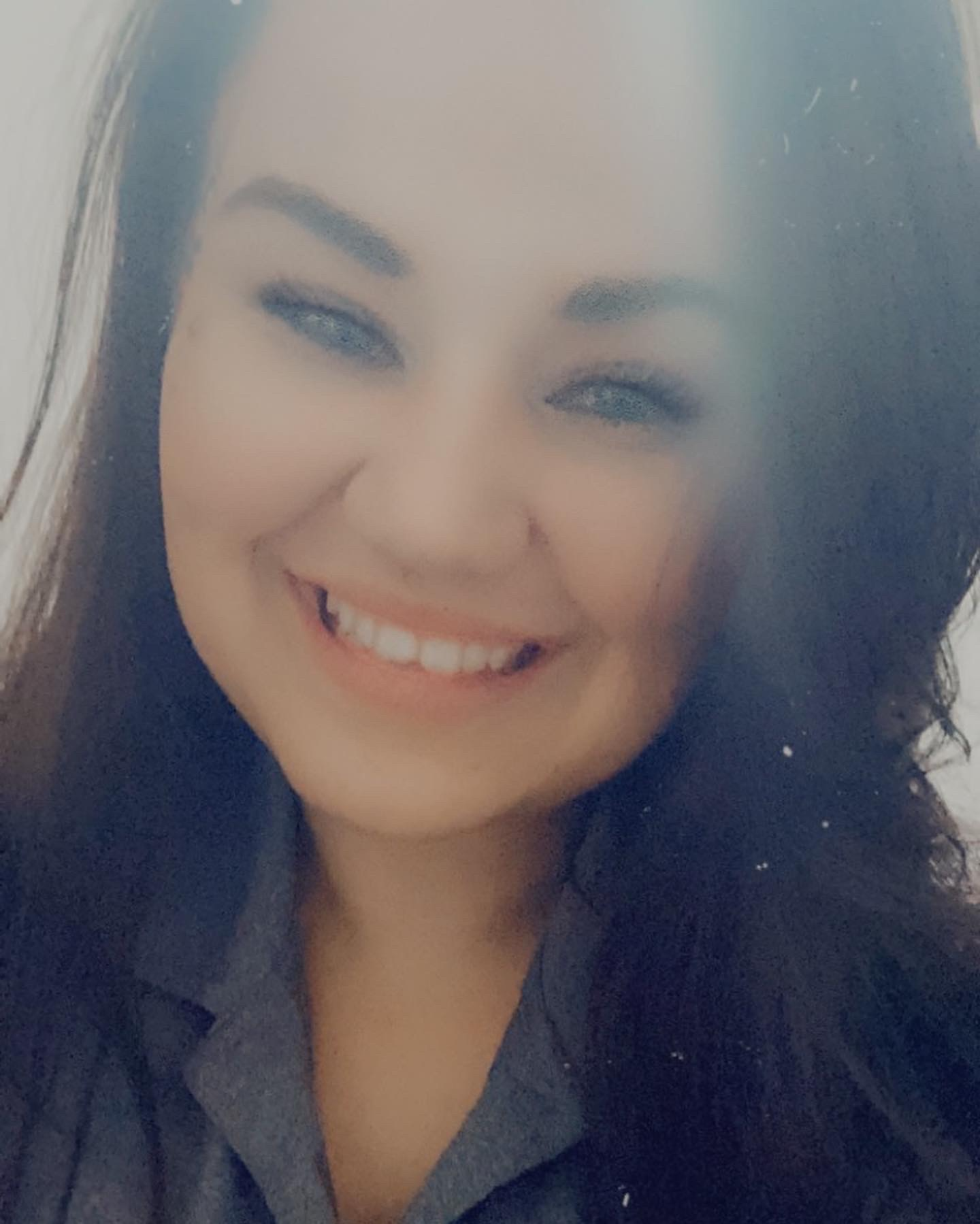By Lisa Clark, National Strategy Lead, Walk for Livies
When my daughter Debbie died, the grief was unbearable. But what caught me off guard was what came after: people trying to explain it away.
They told me it must’ve been something else. That fentanyl doesn’t show up in marijuana. That I was wrong. That maybe she was using harder drugs. That it couldn’t have happened the way it did.
But it did happen. Debbie smoked what she thought was just marijuana, and she never woke up. It was laced with fentanyl.
If you’ve lost someone and heard the same things – if anyone tried to dismiss your truth, twist the narrative, or imply that your loved one’s death was their fault – I want you to know: you’re not alone. You’re not imagining it. And you’re not wrong.
I’ve worked in public health and substance use treatment for years. I believe in innovative efforts to reduce demand and save lives. But I don’t support misinformation or denial. And denying that fentanyl-laced cannabis has killed people doesn’t make anyone safer. It makes the millions of people who smoke it daily more vulnerable.
I speak out because Debbie can’t. And I know there are others out there who need to hear this before it happens to them.
If you have a story that people need to hear, and if you want to speak on behalf of your loved one, we stand with you, we are listening, and we want to amplify your message.
That’s one of the reasons we created Walk for Lives. It’s not just about raising awareness but reclaiming the narrative. It’s about truth-telling, honoring those we’ve lost, connecting families who’ve been silenced or ignored, and helping to stop the next preventable death.
Walk for Lives is a comprehensive plan to significantly reduce fentanyl deaths through hundreds of community-based awareness and educational campaigns in all 50 states on Saturday, September 20th. Each walk will provide lifesaving awareness, education, and resources while creating sustainable networks and partnerships with private and public organizations, penetrating hundreds of vulnerable cities and towns, and creating resilient communities that can withstand this deadly drug.
Ultimately, we’re building something rooted in truth, love, and people power. And we need you. We’re done being quiet. And we’re not waiting for permission to unite and speak. We’re not waiting for policies and systems to end the fentanyl crisis. If this resonates with you—whether you’ve lost someone or simply want to help stop the next preventable death – I invite you to join us.
Learn more and get involved at walkforlives.org.
